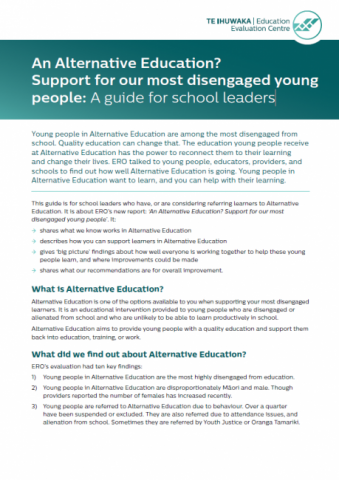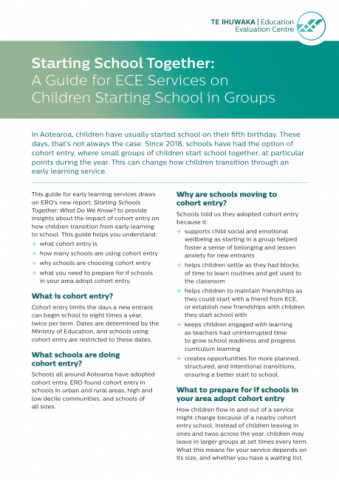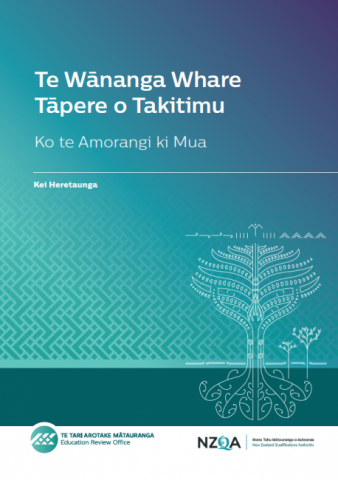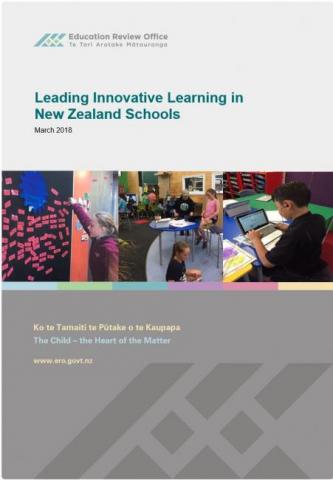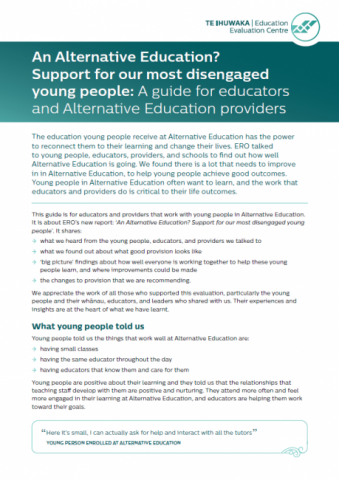The Collection and Use of Assessment Information: Good Practice in Primary Schools
Published: 01 Jun 2007
ERO evaluated the collection and use of assessment information in schools in 2006. The evaluation concluded that more work can be done to improve assessment practice in schools. This report builds on this finding by giving examples of good practice in the collection and use of assessment information in primary schools. The report also includes three detailed case studies.
- Audience:
- Parents
- Schools
- Content type:
- Research
- Topics:
- Good practice
- Assessment





